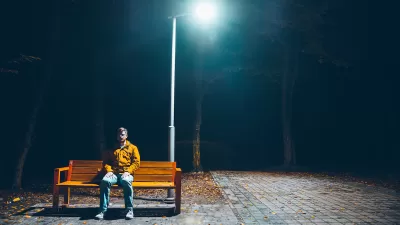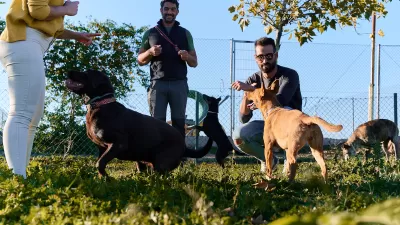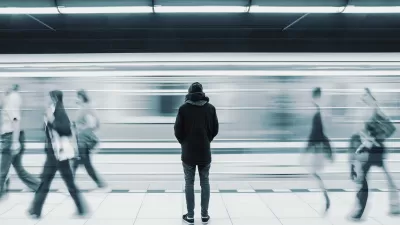A new advisory from the Surgeon General declares that there is an epidemic of loneliness in the United States and that lacking connection can increase the risk for premature death to levels comparable to smoking 15 cigarettes a day.

The U.S. Surgeon General has just released a report titled “Our Epidemic of Loneliness and Isolation,” which finds that even before the COVID-19 pandemic, half of U.S. adults reported experiencing measurable levels of loneliness. As NPR reports in this article, the advisory warns that the physical consequences of poor connection can be devastating, including a 29 percent elevated risk of heart disease; a 32 percent increased risk of stroke; and a 50 percent increased risk of developing dementia for older adults.
Across age groups, people are spending less time with each other in person than two decades ago. The advisory reported that this was most pronounced in young people aged 15-24 who had 70 percent less social interaction with their friends.
The advisory outlines the framework for a new national strategy which is based on the following six foundational pillars:
- Strengthening social infrastructure, which includes things like parks and libraries as well as public programs.
- Enacting pro-connection public policies at every level of government, such as accessible public transportation or paid family leave.
- Mobilizing the health sector to address the medical needs that stem from loneliness.
- Reforming digital environments to critically evaluate our relationship with technology.
- Deepening our knowledge through more robust research into the issue.
- Cultivating a culture of connection.
For more information, please read the source article and review the full advisory.
FULL STORY: America has a loneliness epidemic. Here are 6 steps to address it

Alabama: Trump Terminates Settlements for Black Communities Harmed By Raw Sewage
Trump deemed the landmark civil rights agreement “illegal DEI and environmental justice policy.”

Planetizen Federal Action Tracker
A weekly monitor of how Trump’s orders and actions are impacting planners and planning in America.

The 120 Year Old Tiny Home Villages That Sheltered San Francisco’s Earthquake Refugees
More than a century ago, San Francisco mobilized to house thousands of residents displaced by the 1906 earthquake. Could their strategy offer a model for the present?

Opinion: California’s SB 79 Would Improve Housing Affordability and Transit Access
A proposed bill would legalize transit-oriented development statewide.

Record Temperatures Prompt Push for Environmental Justice Bills
Nevada legislators are proposing laws that would mandate heat mitigation measures to protect residents from the impacts of extreme heat.

Downtown Pittsburgh Set to Gain 1,300 New Housing Units
Pittsburgh’s office buildings, many of which date back to the early 20th century, are prime candidates for conversion to housing.
Urban Design for Planners 1: Software Tools
This six-course series explores essential urban design concepts using open source software and equips planners with the tools they need to participate fully in the urban design process.
Planning for Universal Design
Learn the tools for implementing Universal Design in planning regulations.
Clanton & Associates, Inc.
Jessamine County Fiscal Court
Institute for Housing and Urban Development Studies (IHS)
City of Grandview
Harvard GSD Executive Education
Toledo-Lucas County Plan Commissions
Salt Lake City
NYU Wagner Graduate School of Public Service





























